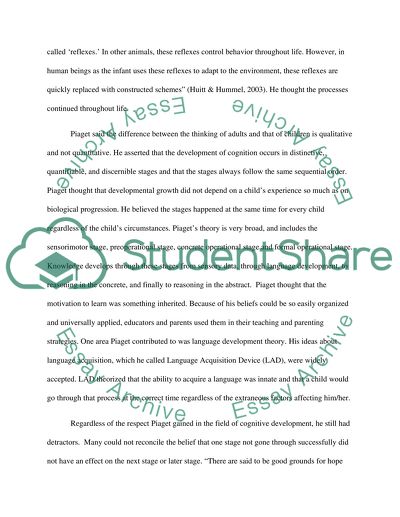Cite this document
(“Reaction Paper on Jean Piaget and Erik Erikson Assignment”, n.d.)
Retrieved from https://studentshare.org/psychology/1439468-reaction-paper
Retrieved from https://studentshare.org/psychology/1439468-reaction-paper
(Reaction Paper on Jean Piaget and Erik Erikson Assignment)
https://studentshare.org/psychology/1439468-reaction-paper.
https://studentshare.org/psychology/1439468-reaction-paper.
“Reaction Paper on Jean Piaget and Erik Erikson Assignment”, n.d. https://studentshare.org/psychology/1439468-reaction-paper.


